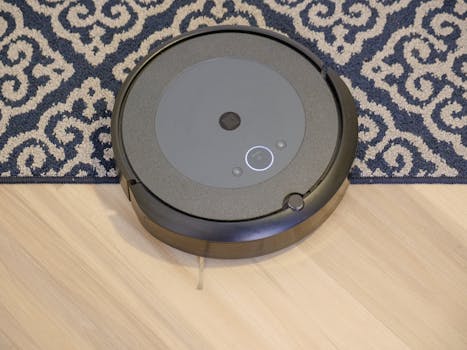
Smart Homes and Smart Living: The Technological Transformation of European Homes by 2025
Smart Homes and Smart Living are revolutionizing the way we live in European homes. With the advancement of technology, homes are becoming more intelligent, automated, and sustainable. By 2025, European homes are expected to undergo a significant transformation, incorporating the latest smart home technologies to make life easier, more convenient, and environmentally friendly.
Introduction to Smart Homes
A smart home is a residence that uses advanced technology to automate and control various aspects of a home, including lighting, temperature, security, and entertainment systems. Smart homes use the Internet of Things (IoT) to connect and control devices, making it possible to manage and monitor the home remotely.
Benefits of Smart Homes
The benefits of smart homes are numerous, including increased convenience, energy efficiency, and enhanced security. Smart homes can also improve the quality of life for people with disabilities and the elderly, by providing them with greater independence and control over their living environment.
Smart Home Technologies
Some of the smart home technologies that are expected to transform European homes by 2025 include:
- Voice Assistants: Voice assistants like Alexa and Google Home will become more prevalent, allowing homeowners to control their smart devices with voice commands.
- Artificial Intelligence: Artificial intelligence (AI) will play a significant role in smart homes, learning the habits and preferences of homeowners to optimize energy consumption and improve security.
- Internet of Things (IoT): The IoT will connect and control various devices in the home, making it possible to manage and monitor the home remotely.
- Energy Efficiency: Smart homes will prioritize energy efficiency, using advanced technologies like solar panels, energy harvesting, and smart grids to reduce energy consumption.
European Smart Home Market
The European smart home market is expected to grow significantly by 2025, driven by the increasing demand for smart home devices and the need for energy efficiency. Countries like the UK, Germany, and France are expected to lead the market, with a growing number of smart home devices being installed in homes.
Conclusion
In conclusion, smart homes and smart living are transforming European homes, making life easier, more convenient, and sustainable. With the advancement of technology, homes are becoming more intelligent, automated, and energy-efficient. By 2025, European homes are expected to undergo a significant transformation, incorporating the latest smart home technologies to improve the quality of life for homeowners.






